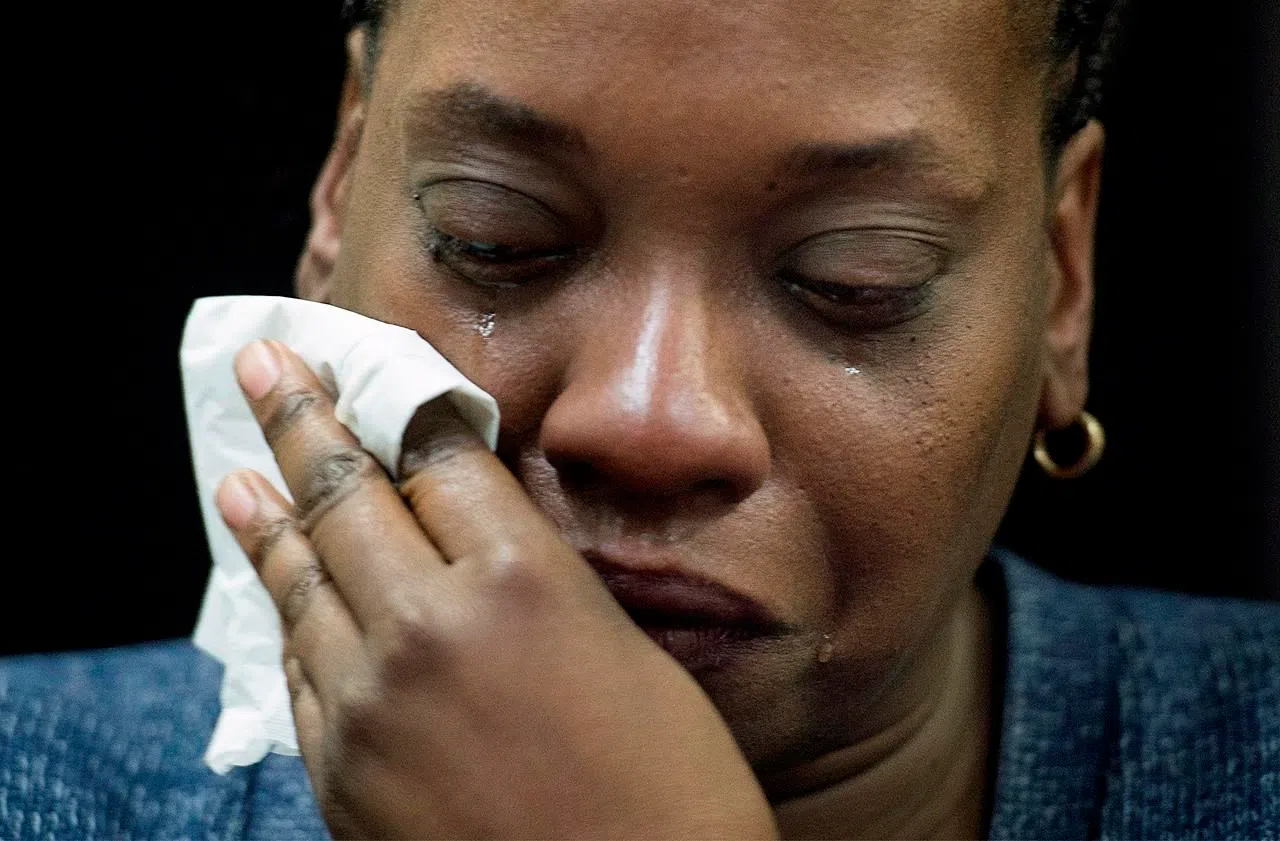
Family of man killed during arrest last June by Montreal police sues city
MONTREAL — A disturbing cellphone video that allegedly captures a Montreal police intervention prior to the fatal shooting of a black man last June reveals officers used disproportionate force, lawyers representing the man’s family said Wednesday.
Lawyers for Pierre Coriolan’s sisters told a news conference they were suing the City of Montreal, alleging police were abusive and used unnecessary force in their efforts to arrest the 58-year-old man in June 2017.
The sisters also released the video shot by Coriolan’s neighbour in order to encourage a public debate about the use of police force, their lawyers said.
Virginie Dufresne-Lemire, one of the lawyers representing the family, said within the span of just over one minute, police used Taser guns, rubber bullets, a service weapon and a telescopic baton on the man.
